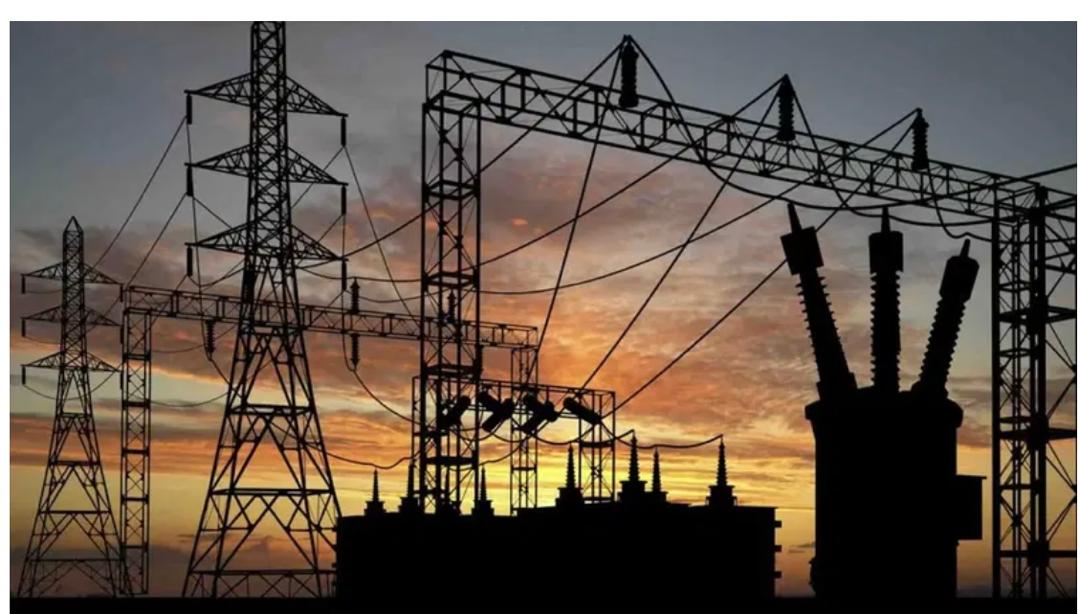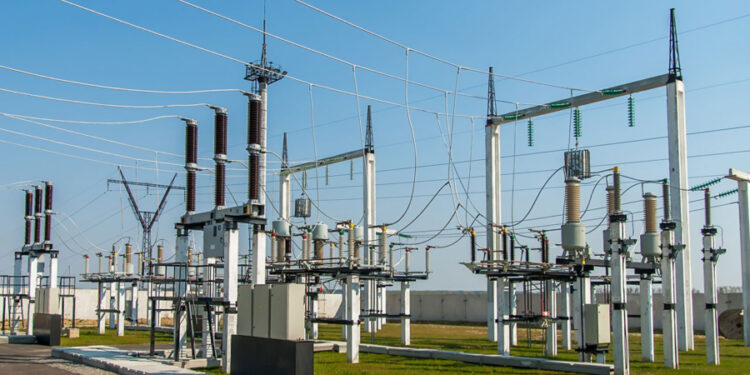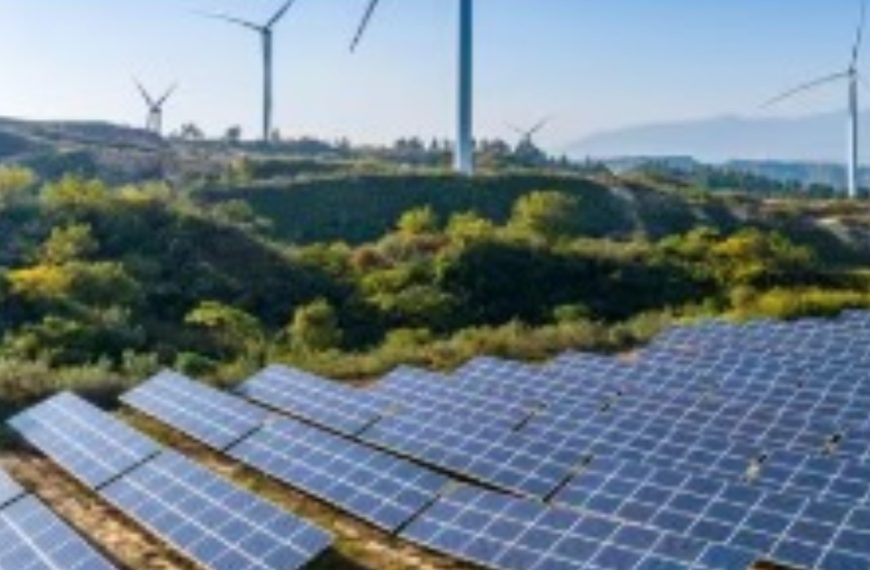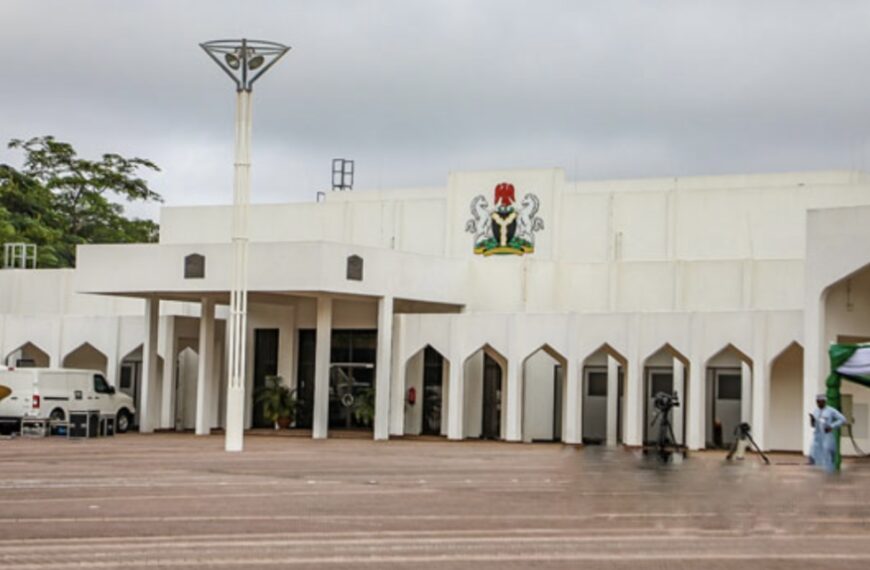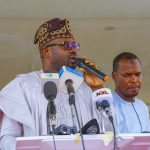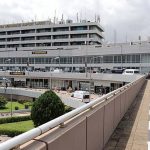Stakeholders and operators, have mounted pressure on the Transmission Company of Nigeria, TCN, to improve the reliability of the National Power Grid, after the recent collapses of the system triggered blackouts across the country.
TCN which was established in 2006 as one of the successor companies of the Power Holding Company of Nigeria, PHCN, manages the national grid and the power transmission networks across the country.
Speaking at a public hearing organised by the Nigerian Electricity Regulatory Commission, NERC, in Abuja, the operators blamed obsolete transmission infrastructure and lack of planned maintenance on the part of the TCN for the frequent grid collapses.
The Chairman of NERC, Engr. Sanusi Garba noted that the frequent national grid collapse was not just having an impact on the quality of supply to customers but was also impacting on viability of power generation (GenCos) and distribution companies (DisCos).
Engr. Garba said the situation can no longer continue, stressing that immediate action would be taken to stabilize the grid and make it more reliable.
“The reality is that what is truly happening with the national grid is impacting on the viability of not only the GenCos that generate the energy and capacity but also the distribution companies. But most importantly, it’s also impacting on the quality of supplies and customers.
“We read all over the place about manufacturing in Nigeria. I mean, if you cannot deliver the right quality of supply to the real sector, then we’re going to be working on a market that is simply relying on residential customers. And even residential customers don’t consider the performance of the sector good enough.
“Yes, there have been increases in the stability of generation in the recent past arising from some of the actions taken from the policy side and the regulatory side. But to the extent where the whole nation suffers this kind of instability of the national grid is not something that we can gloss over”, he stated.
Also speaking, the CEO, Association of Power Generation Companies, APGC, Dr. Joy Ogaji pointed out that the infrastructure needed to effectively and efficiently transmit power in the country was lacking.
Ogaji disclosed that from 2013 till date, the national grid has collapsed 162 times, making it one of the most unreliable grid systems in the world.
She pointed out that running “spinning reserve and the free governor mode can cure the volatility on the grid because research shows that 100 steel mills operate on our grid. We know steel mills do to frequency. We did a study and found out that 95 percent of the time from 2013 till date, the grid has not complied with the grid code of 50Hz”.
She observed that each time the grid collapses, “the GenCos are losing money, DisCos are losing money, industries, businesses and factories are also losing money”.
She called for the unbundling of TCN with the ring fencing of the System Operator, Market Operator and Transmission Services Provider (TSP) for efficiency.
In his intervention, power sector expert, Engr. John Ayodele insisted that Nigeria’s power grid remains the weakest in West Africa despite representing about 65 percent of electricity consumers in the sub-region.
Vanguard

